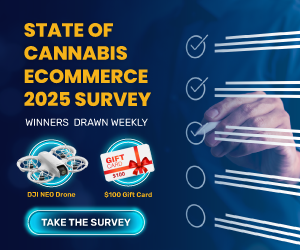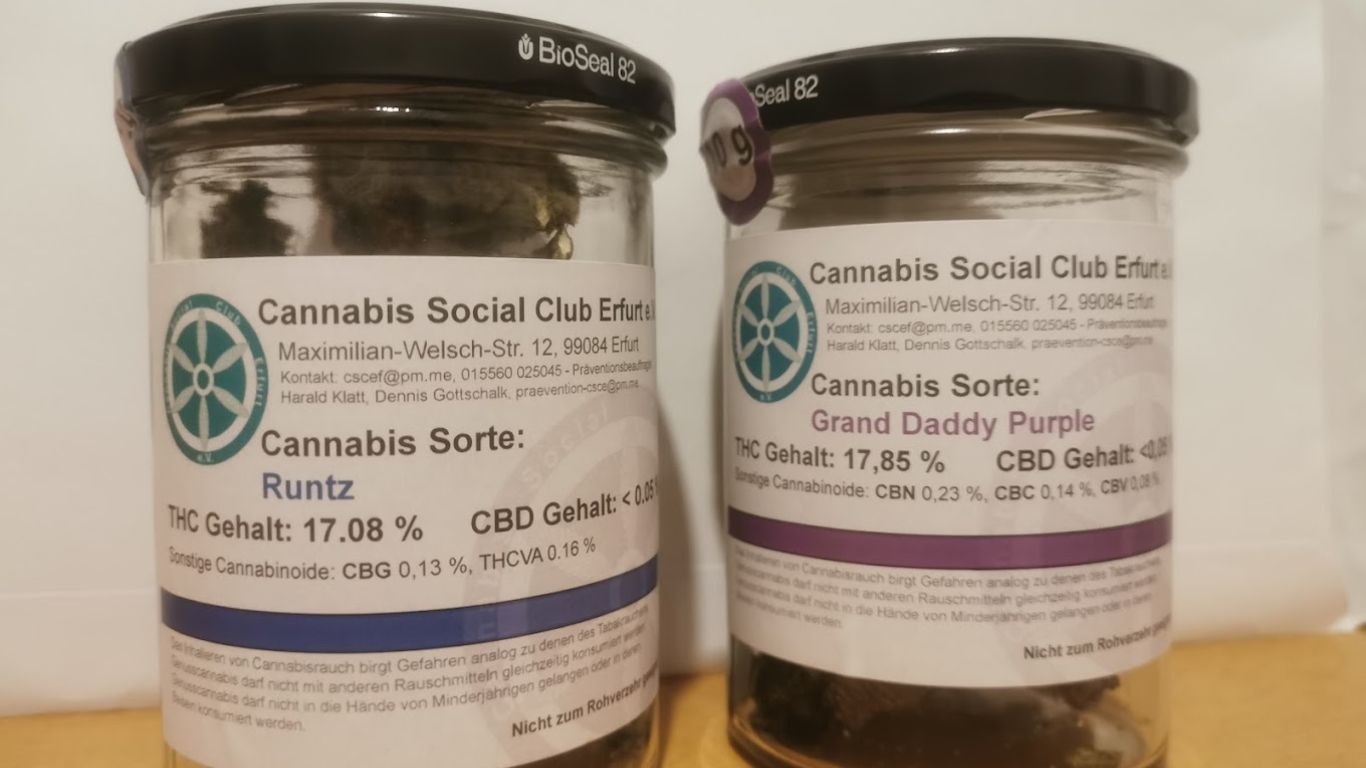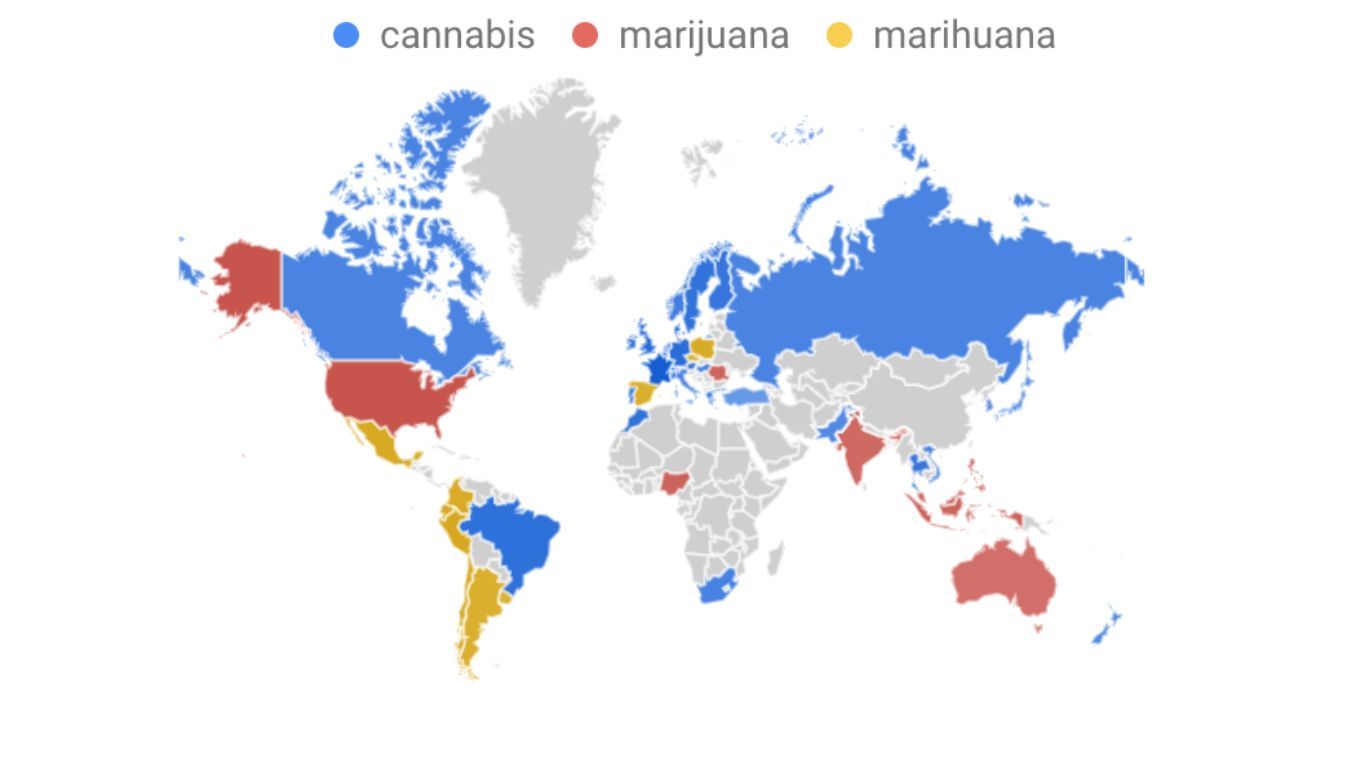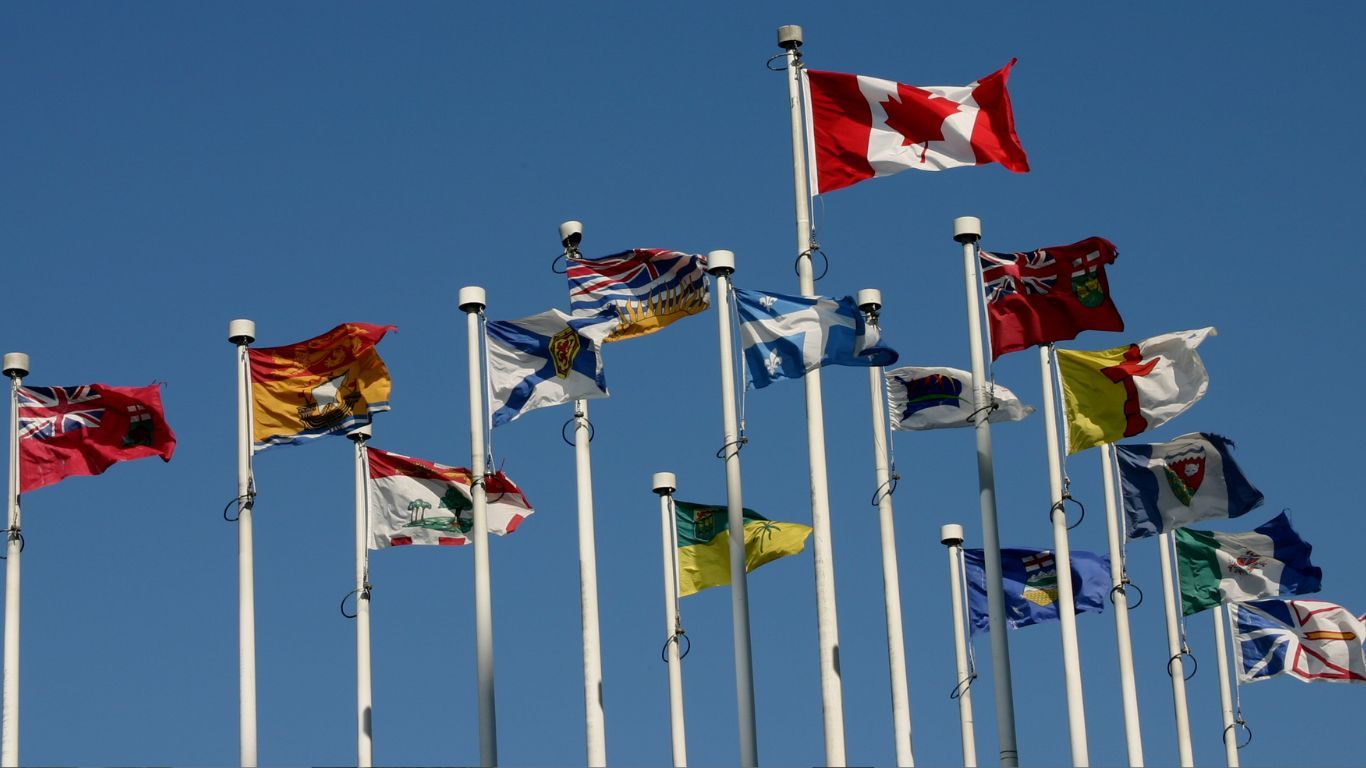
Employment protections for cannabis users vary between Canada and the U.S. Still, employers and employees in both nations continue to find themselves in precarious situations over worker rights. The matter becomes that much more complex when considering the rights of medical and adult-use consumers.
Federal Laws Help Canada Establish Clearer Rules, But Uncertainty Remains
In Canada, federal legalization allows for a clearer delineation of regulations and the expectations of employers and employees. The U.S. finds itself fragmented once again, as the federal government has not taken action on legalization or any other reform.
Canada’s legal structure is more solidified than the U.S. due to America’s ongoing state-by-state approval of the plant while remaining illegal on the national level. As each state creates its laws, the Canadian government has established clear rules on workplace intoxication for employers and employees.
The rules on cannabis intoxication in the workplace apply just like alcohol, street drugs and specific medications. Employers must uphold a safe work environment, including creating policies on substance abuse, including cannabis. Employees are responsible for relatively standard workplace rules that make a safe workplace:
- Report hazardous activity to employers.
- Inform higher-ups if a medical condition could affect their performance.
- Follow the instructions provided by the employer.
While helpful, the rules only apply to workplace consumption. The effect of off-hours consumption remains an uncertain issue, leading to some recent legal developments that will be discussed more below.
Despite the grey areas in Canada’s regulations, U.S. sources say America would benefit from some uniform rules.
David Belsky, CEO of cannabis recruiting firm FlowerHire, said laws vary by state as well as by local municipality and company. He noted some cities are taking progressive steps by banning pre-employment drug screening. A bill proposed in March could see California doing the same.
On the other hand, Belsky said some companies are enforcing zero-tolerance policies regarding cannabis use. “That being said, some states do protect medical cannabis patients’ right to consume, although not while at work,” Belsky added.
Dustin Robinson, founding partner of Mr. Cannabis Law and co-founder of Mr. Psychedelic Law, also cited the ongoing Schedule I substance status as the primary hurdle in America. In response to the federal void on protections, numerous states have passed legislation.
“These legislative protections exist in about 20 states but vary largely from state to state, and in many cases only extend to consumers with a medical marijuana recommendation,” Robinson clarified.
Medical Rules Confuse Companies, Employees in Both Nations
Medical cannabis users in both nations have the right to certain workplace protections. Once again, the Canadian government lays out a clearer regulatory structure than America’s per-state approach. Under the U.S. system, a medical user may be granted protections in one state, while a patient in a neighbouring state may be at risk of losing their job for the same medical use.
In Canada, employers must comply with the Canadian Human Rights Act, which compels companies to accommodate a person using medical cannabis. Under the Duty to Accommodate rules, an employer must accommodate employee use to the point of undue hardship.
Still, employers and employees alike struggled with their new rights. A 2019 survey conducted by Toronto’s Responsible Cannabis Use (RCU) found that four in ten employers didn’t think cannabis fell under the duty to accommodate. Nearly three-quarters of managers also believed they could implement a random drug test if the CEO signed off. Though what may have been most telling was the lack of information. Of those polled, 82% of employees and 89% of managers said they wanted some type of education regarding cannabis use at work.
Others agree with Robinson’s assessment of the space and its protections for medical users. Dr. Jordan Tishler, CEO of Cannabis patient services brand inhaleMD, said certain state laws tend to provide additional protections to medical patients compared to rec users. “However, these protections typically stop short of employment protections,” he added.
The National Conference of State Legislatures (NCSL) notes that several states have passed laws addressing anti-discrimination policies for patients. However, only a few require companies to accommodate patients.
Belsky said that states with employee protections tend to extend to most jobs. “However, especially in safety-oriented positions or those involving a federal contract, it will likely remain very difficult for a medical-use patient to obtain a job until cannabis is federally legalized,” he added.
The NCSL added that while protections are limited to specific states, most employees should be okay as long as they aren’t bringing cannabis to work, performing a high-harm potential job function or they are a federal employee. In March 2021, President Joe Biden’s administration asked five staffers to resign over past cannabis use. The dismissals came despite the President easing some hiring restrictions on staff.
An Evolving Process
Canada and the United States each continue to adapt to the changing landscape of cannabis use among its workforce. In 2020, the Society for Human Resource Management (SHRM) noted that employers reported challenges remaining despite a relatively smooth transition to legal adult-use cannabis laws.
The rollout of Cannabis 2.0 products appeared to be a concern. Still, SHRM noted that the problems employers note continue to be the same centred on detection and the lack of pre-employment screening options, depending on the province. SHRM added that Alberta has been less protective of employee rights, while most companies in Ontario and British Columbia opt out of testing.
Developments continue to shape the rules in Canada. A July 2020 ruling from the Court of Appeal of Newfoundland and Labrador overturned a suit, ruling that a person can be denied work on safety-sensitive projects, like construction. The ruling was determined, noting that the length of cannabis impairment is uncertain.
The U.S. remains that much more uncertain without federal regulations. Belsky said disconnects continue between employers and employees’ off-hours use. “There are also a lot of grey areas in the U.S., where states don’t address off-duty cannabis use,” said Belsky. He noted that this situation often leads to lawmakers siding with employers.
Still, Belsky said stances on pre-employment screenings are shifting, as younger workers consider the practice an invasion of privacy.
Robinson added that private companies are struggling to keep up with the ever-shaping landscape around cannabis in the U.S. “It’s critical for cannabis consumers in the U.S. to verify their employer’s employment policies regarding cannabis and consult a knowledgeable attorney to understand any employment protections that may be offered within their state,” he stated.

































